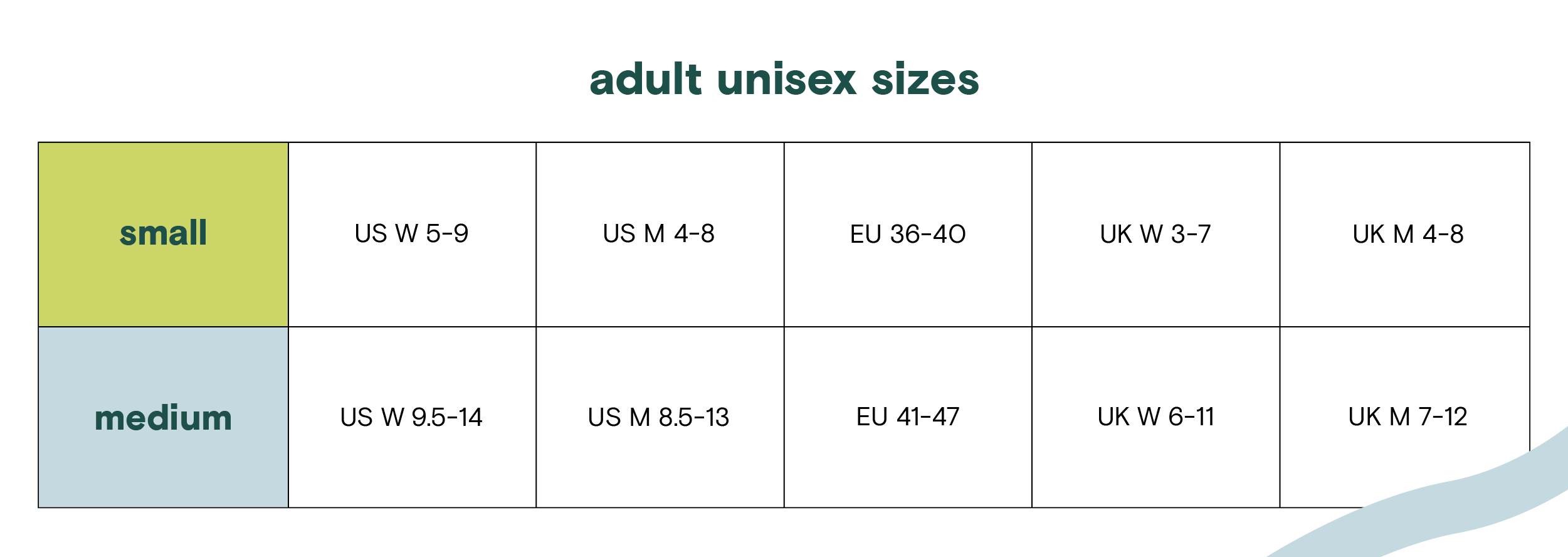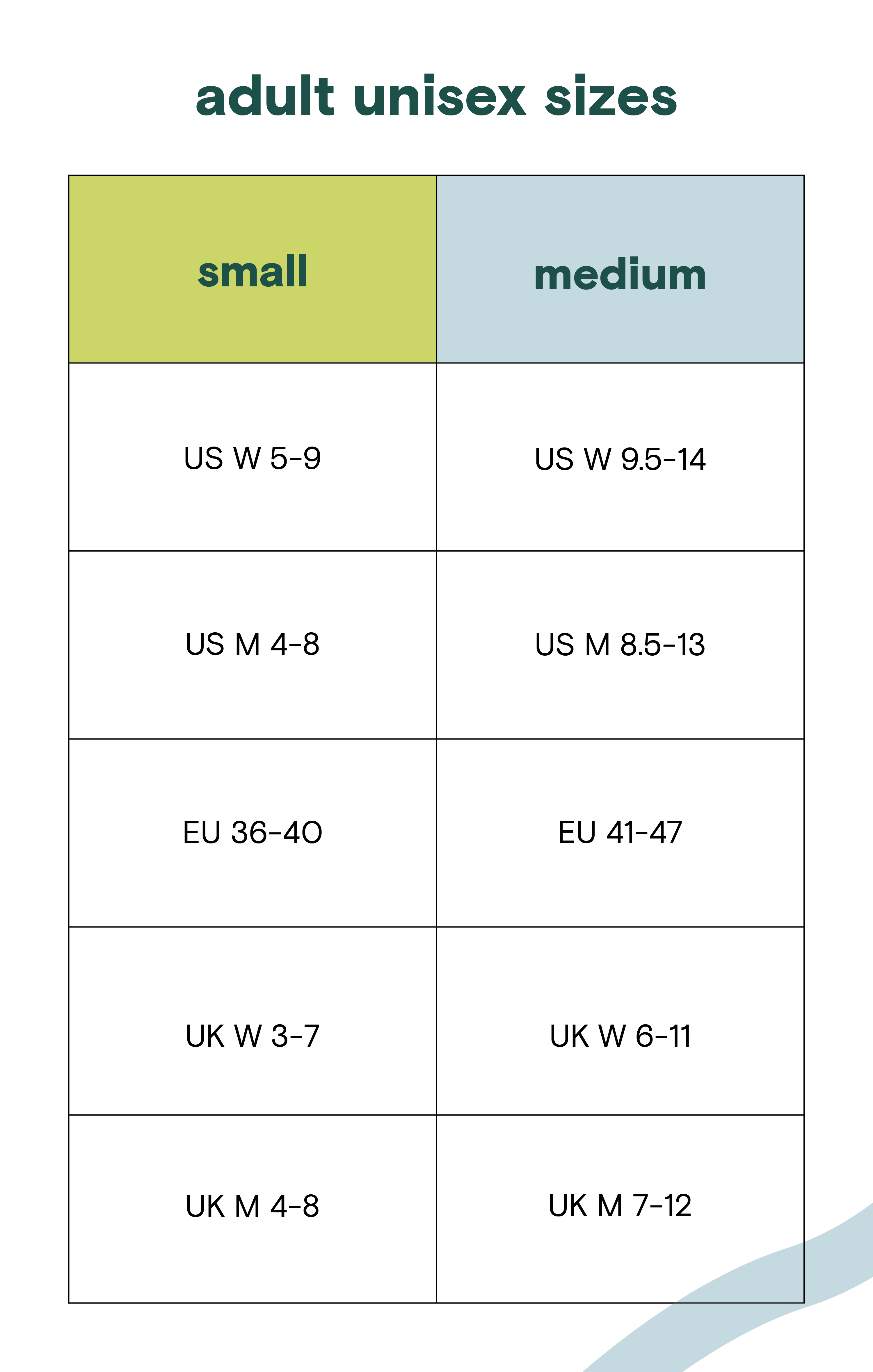Throughout the United States, kids wake up everyday without giving a second thought to their daily routine. Wake up, use the restroom, get a drink of water, get dressed, eat breakfast, brush their teeth, and head to school. Over time, the everyday nuances of their morning routines come across as mundane, and days of faking sick and having a case of “the dog ate my homework” can be enough to keep kids from wanting to go to school.
Beyond the rural hills of Sullana in Peru, children wake up and follow a similar routine – pull on their school uniforms, use the restroom, have breakfast, enjoy a drink of water, and head off to school. The difference between mornings in America and mornings of children in Peru is their ability to attend school is only possible due to access of clean water. Their walk of a few kilometers down dusty roads to attend classes everyday could easily be to collect water instead (Gaffigan, 2016).
The opportunity education brings and access to clean water run parallel. With 2.4 billion people lacking access to a toilet, 1 in 3 people have no choice but to defecate in the open – a reality that continues to disproportionately affect the safety and health of women and children worldwide. Women and children often spend up to 6 hours each day collecting water! Establishing access to safe water and a toilet at home is the only way some of the world’s poor can get access to opportunities first world countries take for granted. It’s been proven that reductions in time spent collecting water have been found to increase school attendance, which means progress, gender equality, and opportunity rest upon the support and provision of clean water and education for those in need (Gaffigan, 2016).
Breaking the cycle of poverty means creating a cycle of opportunity for people in countries such as rural Peru. Organizations, such as Water.org, help remove obstacles that stand between children, health, safety, and those that make attending school impossible via micro-loans, wells, and toilets. Organizations such as Room to Read support education amongst women, literacy, and the overall quality of education across developing countries (Making Play Possible, 2016). Right now 780 people across our world can’t read, two-thirds being women and girls, and approximately 443 million school days are lost each year due to water-related diseases. Imagine not being able to send an e-mail or a text, enjoy the new Harry Potter spin-off, fill out a form or get around on your own because you can’t read a map or directions. All simply because of your lack of access to safe water (Can You Read This?, 2016).
We as everyday people have a responsibility and the ability to take part in taking care of our fellow global citizens. We have a part to play in supporting these positive actions – through petitions for education, petition for gender equality, donations to organizations and businesses that support the social progress of our world. We can be the greatest change the world will ever see, and when we join together, we equip ourselves with the greatest power to do so. Support education, safe water, and the movement to alleviate extreme poverty by 2030!









0 comments